A pop-up garden in Kiev, volunteer “spotfixes” along sidewalks in Bangalore, and a flower garden planted atop a deadly landslide after an earthquake in Japan. These and other civic ecology practices are expanding in number. But how do we connect people across these disparate practices and places so that we learn from and motivate each other? And perhaps realize a common identity or, even, a movement?
When I started work on the Garden Mosaics community garden education program in the late 1990s, I first realized the difficulty of reaching out to small community-based organizations that were not connected through national organizations or networks. These were half-way homes like Abraham House in the Bronx, or youth programs like Literacy for Environmental Justice in San Francisco. They were interested in Garden Mosaics, but we had to reach out to each community organization one at a time. Later, when Keith Tidball and I expanded our work to encompass tree planting, dune restoration, and an ever expanding diversity of civic ecology practices, we experienced the same challenge. How could we facilitate social learning and action by connecting multiple organizations around the world, all of whom were conducting some flavor of community-based environmental stewardship?

The answer came in an unexpected place. Last year, I was invited by Cornell to develop an edX Massive Open Online Course—or MOOC—which we named Reclaiming Broken Places: Introduction to Civic Ecology. Like all unsuspecting MOOC instructors, I was overwhelmed by the number of hours it took to prepare the lectures, readings, and assignments—and terrified at the prospect of talking straight into an unforgiving camera. It took the better part of 10 months full time to develop and teach the 6-week MOOC.
Also like most MOOCs instructors, I facilitated a discussion board, which was clunky on the EdX platform, but which generated novel perspectives about civic ecology. (We are in the process of analyzing these data to further our civic ecology scholarship.) And like some MOOCs, we had a Facebook group. But unlike Facebook groups for MOOCs that are content- rather than idea- or action-driven, our Facebook group became a means for people from all over the world, who were engaged in similar yet diverse practices, to connect and learn from each other. My favorite example comes from a Facebook conversation initiated by a student in Syria, who was supported in her quest for information from fellow students in Lesotho, Iran, and the USA.
Not only did the MOOC provide a platform for connecting civic ecology stewards around the globe, it was also an experiment in motivating civic action. Students shared stories about their civic ecology practices on the Storify multi-media blogging platform. We harvested a bunch of interesting cases: a group building trails to the site of “Caved in Castle and an Old European Wild Pear” in the Czech Republic, one of the first community gardens in Kiev Ukraine, and a coal mine restoration project in Alberta Canada, among others. (The author of the Czech story later visited community gardens in Kiev, hosted by our Ukrainian student.) One student, Danny Rueda Cruz from San Francisco and the Philippines, decided that he was going to compile an eBook of all the practices that were shared. Watch for the Civic Ecology MOOC eBook later this year, which will be a compilation of these and other stories.
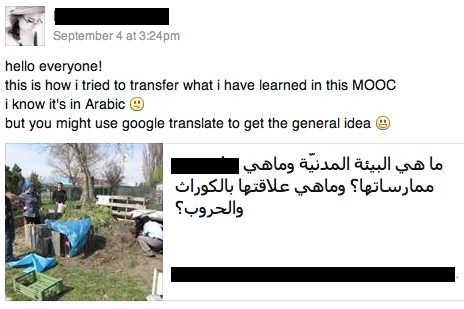 Stanford professor and Coursera co-founder Andrew Ng’s statement that “we now have the technology for professors to teach not just 50 students at a time but 50,000” has come to define the way we view MOOCs—as sharing content with the masses. But so called content-driven or xMOOCs, which often focus on science and engineering, are not the only game in town. In fact, the first MOOC was a cMOOC, or connectivity MOOC, where students designed their own learning experience. And although MOOCs have been called a “disruptive” force in higher education, they are not just upsetting the ivory tower. WA State University professor Justin Smith has worked for years with people trying to create online platforms to motivate democratic action. He feels that our MOOC Facebook site is one of the most successful experiments he’s seen to date of “designing” an online platform to facilitate social learning and action.
Stanford professor and Coursera co-founder Andrew Ng’s statement that “we now have the technology for professors to teach not just 50 students at a time but 50,000” has come to define the way we view MOOCs—as sharing content with the masses. But so called content-driven or xMOOCs, which often focus on science and engineering, are not the only game in town. In fact, the first MOOC was a cMOOC, or connectivity MOOC, where students designed their own learning experience. And although MOOCs have been called a “disruptive” force in higher education, they are not just upsetting the ivory tower. WA State University professor Justin Smith has worked for years with people trying to create online platforms to motivate democratic action. He feels that our MOOC Facebook site is one of the most successful experiments he’s seen to date of “designing” an online platform to facilitate social learning and action.
Our MOOC wasn’t totally successful in connecting people and creating opportunities for what’s called “many-to-many” (as opposed to “one-to-many”) learning. Similar to other MOOCs, we reached few low-income students in the US. We actually we tried an experiment in “mentored MOOCs” to address this issue. And we are just starting to analyze the student postings to find out how much we motivated them to engage in civic ecology practices. But MOOCs are many different things. For some, they offer a chance to gain a certified professional credential. For others, they are simply a free library of resources. For still others, they represent an opportunity to meet people with similar interests. But as groups such as Occupy Wall Street and The Ugly Indian have shown, social media can be a platform for forging a common identity that sometimes coalesces into a social movement. So let’s keep experimenting with MOOCs and online learning, in combination with mentors, Facebook, Storify, and other people and platforms, to connect people from around the world who are stewarding urban nature and community.
Who knows? Maybe we’ll forge a movement.
Marianne Krasny
Ithaca
Acknowledgements: I thank my MOOC teaching assistant Samar Deen; MOOC production team Rob Vanderlan, Dina Banning, Colbert McClellan, Mike Tolomeo, Serge Petchenyi, Patrice Prusko, and Diane Sempler; and co-instructor Keith Tidball.

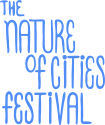
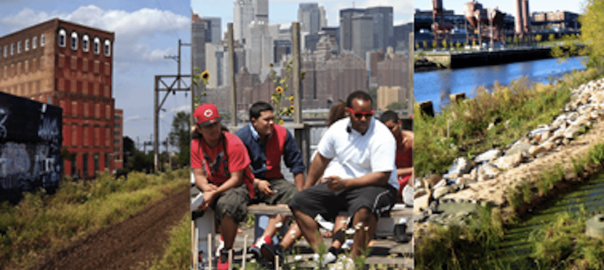
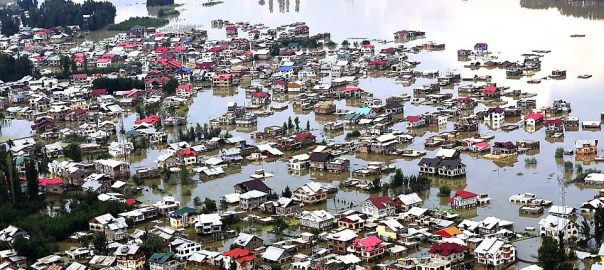
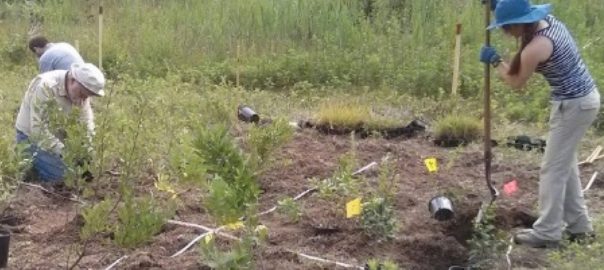
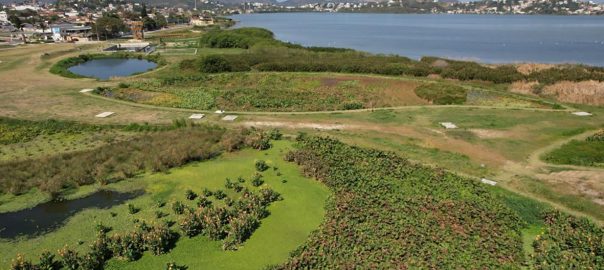
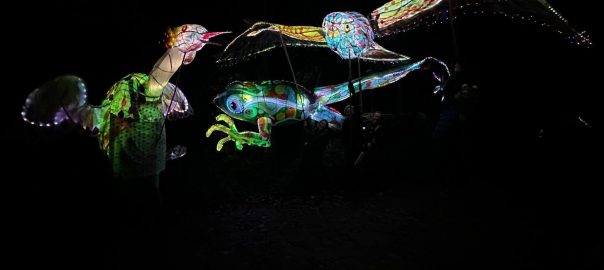
Leave a Reply